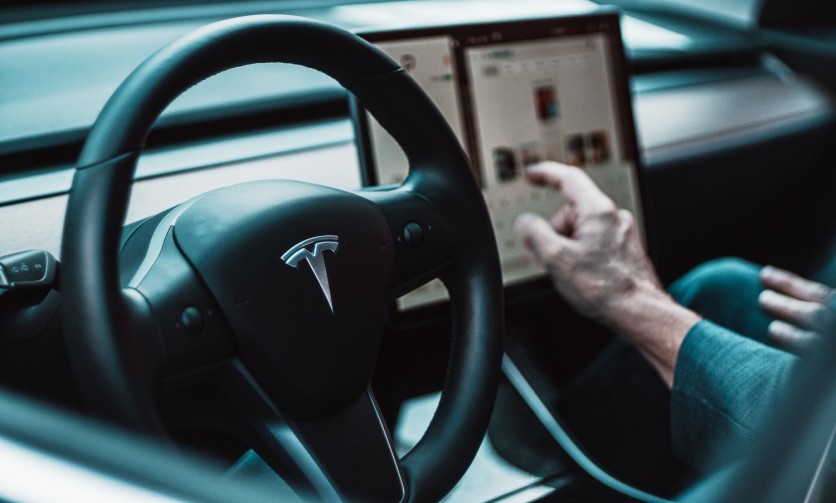
In yet another round of recalls, Tesla has found a flaw in its Model S, Model 3, Model X, and Model Y EVs. The flaw is that the cars were reportedly prone to "false-positive braking," thus, the company decided to recall models from 2017 and up.
Tesla Recall for Model S, 3, X, Y
It's not new news that Tesla has decided to issue yet another recall. Although this time, it could actually be more strategic compared to it being urgent. APnews reportedly noted that the new recall covers a whopping 11,704 Tesla EVs back to 2017 to the newer models, as seen on NHTSA.
These include the Tesla Model S, the Tesla Model 3, the Tesla Model X, and the Tesla Model Y, as they were found all prone to "false-positive braking." This was after a buggy Full Self-Driving beta update coming from last Oct. 23 led to a certain communications breakdown between the two chips.
Company Fixes Issues
According to the story by Engadget, the company was able to fix the issue back on Oct. 25. The day before, however, it also decided to cancel the flawed update and even disabled emergency braking on cars that were still using the previous beta release.
It was stated that there were actually no reports of crashes or even injuries, as per Tesla. The automaker reportedly decided to issue a recall on Oct. 26. The recall could have actually been meant to prevent certain conflicts with the said National Highway Traffic Safety Administration.
NHTSA Letter to Tesla
It was noted that the agency sent an official letter to Tesla on Oct. 12. The letter asked why the company did not issue a recall when it reportedly fixed a certain Autopilot software issue that then led to collisions with certain emergency vehicles.
According to the NHTSA, Tesla reportedly knows car manufacturers must issue certain recalls for any particular safety issues existing. It was noted that as of the moment, it is still not clear how Tesla responded to that particular inquiry before the Nov. 1 deadline.
Software-Related Issues
The company, however, might now be in the habit of issuing certain recalls for some software-related safety problems. The notice reportedly highlights the changing nature of recalls in general. Back in 2018, Tesla recalled 123,000 Model S cars over a steering issue.
It was noted that while recalls for certain hardware-only flaws have not actually changed that much, software-related issues, on the other hand, are yet another matter. As of the moment, more and more cars reportedly accept over-the-air updates.
It was noted that it is currently possible for companies just like Tesla to issue certain recalls for bugs that they have already been able to fix. Brands might have to make it really clear when a certain recall demands some real-world service. In September 2021, 5,000 Ford Mustang Mach-E models were also recalled for issues similar to Tesla.
Related Article : Tesla FSD: Autonomy for Increasing Road Accidents in US for First Half 2021; Elon Musk Agrees
This article is owned by Tech Times
Written by Urian B.
![Apple Watch Series 10 [GPS 42mm]](https://d.techtimes.com/en/full/453899/apple-watch-series-10-gps-42mm.jpg?w=184&h=103&f=9fb3c2ea2db928c663d1d2eadbcb3e52)



